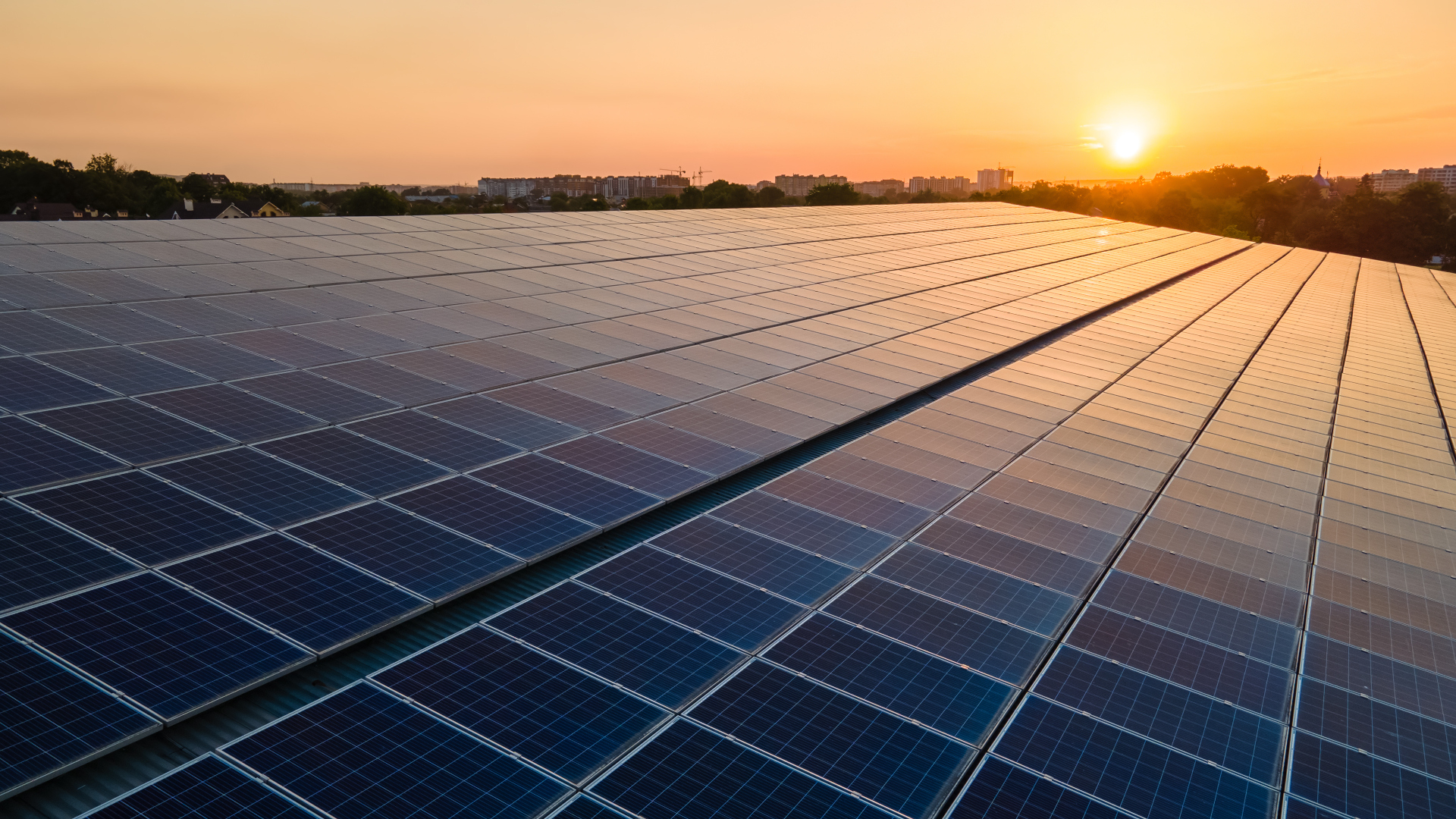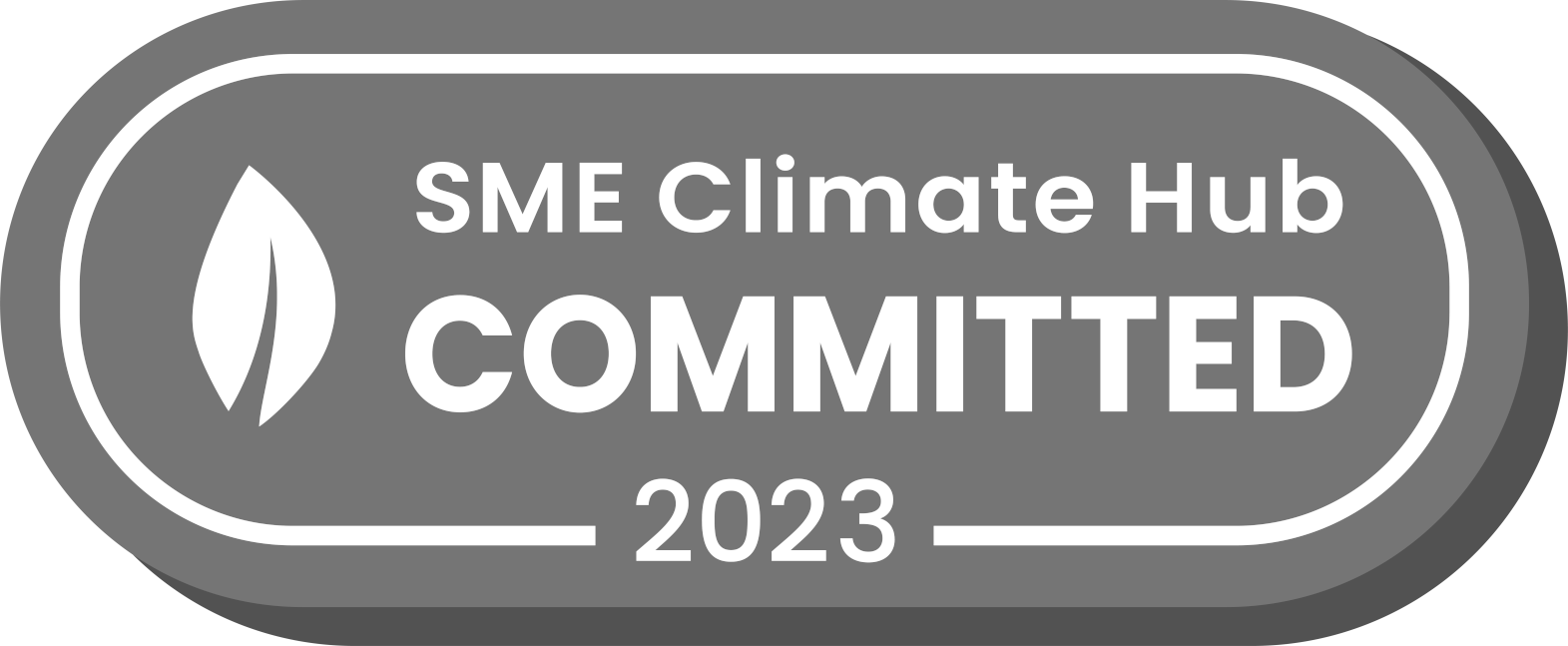A library of constantly updated frequently asked questions and answers on Net Zero and Decerna’s comprehensive tool.
Net Zero FAQs
What is Net Zero and why is it important for my business?
Net Zero refers to achieving a balance between the amount of greenhouse gases emitted and the amount removed from the atmosphere. It’s important for small businesses as it can lead to cost savings, attract new customers and investors, maintain competitive advantage, and qualify for tax benefits. Additionally, small and medium-sized businesses play a vital role in achieving the UK’s net zero targets due to their significant numbers and collective impact.
How can my small business move towards Net Zero?
You can start with basic steps like recycling more, reducing waste, and making it company policy to adopt net zero practices. Further steps include using electricity from renewable sources, reducing or switching to electric vehicles, cutting down on packaging, and greening your supply chain. Detailed plans for hitting climate targets, including changes to business models and supporting employees, are also crucial.
What are some simple ways to make my business more sustainable?
Engaging your team in sustainability discussions, saving energy by switching off unnecessary appliances, reducing waste, adopting digital processes to reduce paper use, and finding eco-friendly alternatives for commuting are some simple yet effective steps.
What are the benefits of reducing my business’s carbon footprint?
Reducing your carbon footprint can lead to cost savings, enhance your business’s reputation, and help in aligning with future environmental regulations. It also opens up opportunities in markets that favour sustainable practices.
What support is available for small businesses aiming for Net Zero?
Various UK-wide, nation-specific, and regional support schemes, grants, and loan programs are available. These are detailed on platforms like the UK Business Climate Hub. Additionally, organizations like the Federation of Small Businesses (FSB) and Energy Saving Trust offer resources and guidance to small businesses on sustainability and achieving net zero.
Are there any specific legislation changes I should be aware of?
Yes, the UK government has been updating its climate policies. For instance, the sixth Carbon Budget was announced in April 2021, which set the target to reduce emissions by 78% by 2035 compared to 1990 levels. These changing legislations are likely to impact small businesses, especially as they form a significant part of the UK’s business population.
What is the impact of consumer trends on small businesses in relation to Net Zero?
There is a growing demand among consumers for products that are environmentally sustainable. Small businesses have an opportunity to gain a competitive edge by adopting sustainable practices. This consumer trend towards sustainability can help small businesses tap into new markets and increase their market share.
BringAbout FAQs
What is BringAbout?
BringAbout is Decerna’s comprehensive tool that allows businesses to set a base year, calculate their Scope 1, 2 and 3 emissions, and set near-term and long-term science-based targets.
The calculated emissions report can be downloaded as well as shared publicly. The tool also allows companies to download Carbon Reduction Plan (PPN 06/21) and Streamlined Energy and Carbon Reporting (SECR) reports that comply with reporting requirements entailed by the UK Government. The calculation and target setting methodologies used in the tool are based on the GHG Protocol and SBTi’s Net Zero Standard.
The tool provides activity-based calculation method for Scopes 1 and 2 and a combination of spend-based and activity-based calculation methods for Scope 3 emissions reporting.
The emission factors used in the calculations include sources from Government Conversion Factors for Greenhouse gas Reporting, BEIS Conversion factors by SIC code and Exiobase databases.
What does BringAbout mean?
A shipping term for changing direction, it represents how we intend to work hard to reverse climate change. It also has a logical feel regarding our history, as the former Distributed Energy Division of National Renewable Energy Centre (Narec), which was based beside the former shipbuilding docks in Blyth. Decerna intends to BringAbout Decarbonisation.
Is BringAbout just a Tool?
While BringAbout is a tool, there are also free resources through BringAbout Knowledge.
Has BringAbout received public funding?
No funding was used to create BringAbout, nor will it be used to maintain it. It was a deliberate act by Decerna to fund the development out of balance sheet reserves to allow complete flexibility to use BringAbout in both funded and commercial activities.
When will it be fully launched?
We are working hard to release the free subscription BringAbout Basic and the paid-for BringAbout Premium in mid-January 2024. Currently, we are undergoing trials of BringAbout Premium to a select group of invited businesses, and several Partner initiatives. We expect to reach 1,000 users by the end of 2024.
Why has Decerna created BringAbout?
Decerna are passionate about helping businesses to decarbonise their buildings and products. BringAbout was created to empower Decerna’s Advisors and Technical Specialists to more effectively support businesses on their Net Zero Journey.
What’s the difference between Basic and Premium?
For many businesses, BringAbout Basic will be enough when embarking on their Net Zero Journey, and this is entirely free. Others may need more functionality, such as Scope 3, ability to upload attachments against emission data entries and generate Carbon Reduction Plan (PPN 06/21) and Streamlined Energy and Carbon Reporting (SECR) reports. BringAbout Premium has been competitively priced at £295 +VAT per year and is even cheaper when bought 3 years upfront or provided through a Partner subscription.
How does my business get BringAbout?
If you haven’t been invited to participate in a trial, you will need to wait until mid-January 2024 when BringAbout will be available to all.
Net Zero Glossary
Net Zero
A term referring to achieving a balance between the amount of greenhouse gases produced and removed from the atmosphere, typically through reduction measures and offsetting techniques.
Carbon Neutrality
A state where an entity’s net carbon emissions are zero, achieved by balancing carbon emissions with an equivalent amount of carbon removal or offsetting.
Greenhouse Gases (GHGs)
Gases that trap heat in the Earth’s atmosphere, contributing to the greenhouse effect and global warming. Common examples include carbon dioxide (CO2), methane (CH4), and nitrous oxide (N2O).
Carbon Offset
A reduction in emissions of carbon dioxide or other greenhouse gases made in order to compensate for emissions made elsewhere, often through investment in projects that reduce or capture emissions.
Carbon Capture and Storage (CCS)
A process that captures carbon dioxide emissions from sources like power plants and stores them underground to prevent their release into the atmosphere.
Renewable Energy
Energy derived from naturally replenished resources such as sunlight, wind, and water, which have minimal greenhouse gas emissions.
Decarbonisation
The process of reducing carbon dioxide emissions, typically by transitioning away from fossil fuels and adopting cleaner energy sources.
Energy Efficiency
Refers to using less energy to provide the same level of energy services, often achieved through technological advancements and behaviour changes.
Carbon Footprint
The total amount of greenhouse gases emitted directly or indirectly by an individual, organisation, event, or product, usually expressed in equivalent tonnes of carbon dioxide.
Scope 1, 2, and 3 Emissions
Scope 1: Direct emissions from owned or controlled sources, such as emissions from combustion in boilers or vehicles.
Scope 2: Indirect emissions from the generation of purchased electricity, heat, or steam.
Scope 3: Indirect emissions from sources not owned or controlled by the organisation, such as those from the supply chain, business travel, or employee commuting.
Sustainability
The practice of meeting current needs without compromising the ability of future generations to meet their own needs, often focusing on environmental, social, and economic factors.
Climate Resilience
The ability of systems, communities, or societies to withstand, adapt to, and recover from the impacts of climate change, such as extreme weather events or sea-level rise.
Paris Agreement
An international treaty adopted in 2015 that aims to limit global warming to well below 2 degrees Celsius above pre-industrial levels, with efforts to limit the temperature increase to 1.5 degrees Celsius.
Carbon Pricing
A policy tool that puts a price on carbon emissions to incentivise reductions, often implemented through mechanisms such as carbon taxes or cap-and-trade systems.
Regenerative Agriculture
Farming practices that focus on improving soil health, increasing biodiversity, and reducing emissions, often resulting in carbon sequestration in soils.
Circular Economy
An economic system aimed at minimising waste and making the most of resources by keeping products, components, and materials in use for as long as possible through recycling, reusing, and remanufacturing.
Biodiversity
The variety of life forms on Earth, including diversity within species, between species, and of ecosystems, which plays a crucial role in ecosystem functioning and resilience.
Ecological Footprint
A measure of human demand on Earth’s ecosystems, typically expressed as the amount of biologically productive land and sea area required to sustainably provide the resources consumed and absorb the waste generated by a population.
Emissions Trading System (ETS)
A market-based approach used to control pollution by providing economic incentives for achieving reductions in emissions, often through the allocation and trading of emission allowances.
Carbon Sequestration
The process of capturing and storing carbon dioxide from the atmosphere, typically in natural systems like forests, oceans, and soils, or through engineered technologies like carbon capture and storage (CCS).
Life Cycle Assessment (LCA)
A method for evaluating the environmental impacts of a product or service throughout its entire life cycle, from raw material extraction to production, use, and disposal.
Carbon Leakage
The phenomenon where emissions reduction measures in one region or industry led to increased emissions in another region or industry due to shifts in production or consumption patterns.
Sustainable Development Goals (SDGs)
A set of 17 interconnected global goals adopted by the United Nations in 2015, aiming to address various social, economic, and environmental challenges, including climate change, poverty, and inequality.
Responsible Investment
Investment practices that consider environmental, social, and governance (ESG) factors alongside financial returns, aiming to generate positive societal and environmental outcomes while achieving financial objectives.
Carbon Intensity
A measure of the amount of carbon dioxide emitted per unit of activity, output, or economic value, often used to assess the carbon efficiency of a process, product, or economy.
Green Building
Design and construction practices that aim to minimise environmental impact and resource consumption while maximising energy efficiency, indoor environmental quality, and occupant comfort.
Sustainable Transport
Transportation systems and modes that prioritise energy efficiency, emission reductions, and social equity, such as public transit, cycling, walking, and electric vehicles.
Climate Mitigation
Actions taken to reduce or prevent greenhouse gas emissions in order to limit the extent of climate change and its associated impacts.
Climate Adaptation
Measures implemented to adjust and respond to the impacts of climate change, such as building resilient infrastructure, enhancing water management, and implementing early warning systems for extreme weather events.
Renewable Portfolio Standard (RPS)
A regulatory policy that requires utilities or energy suppliers to produce a specified percentage of their electricity from renewable sources, promoting the deployment of renewable energy technologies.
Carbon Reduction Plan
A strategic document outlining specific actions and measures aimed at reducing carbon emissions within a defined timeframe. A carbon reduction plan typically includes targets, timelines, and strategies for reducing emissions across various sectors such as energy, transportation, industry, and agriculture.
Energy Audits
A systematic examination and analysis of the energy usage and efficiency of a building, facility, or organisation. Energy audits identify opportunities for improving energy efficiency, reducing energy consumption, and lowering carbon emissions by assessing equipment, systems, and operational practices. They often include recommendations for implementing energy-saving measures and technologies.





